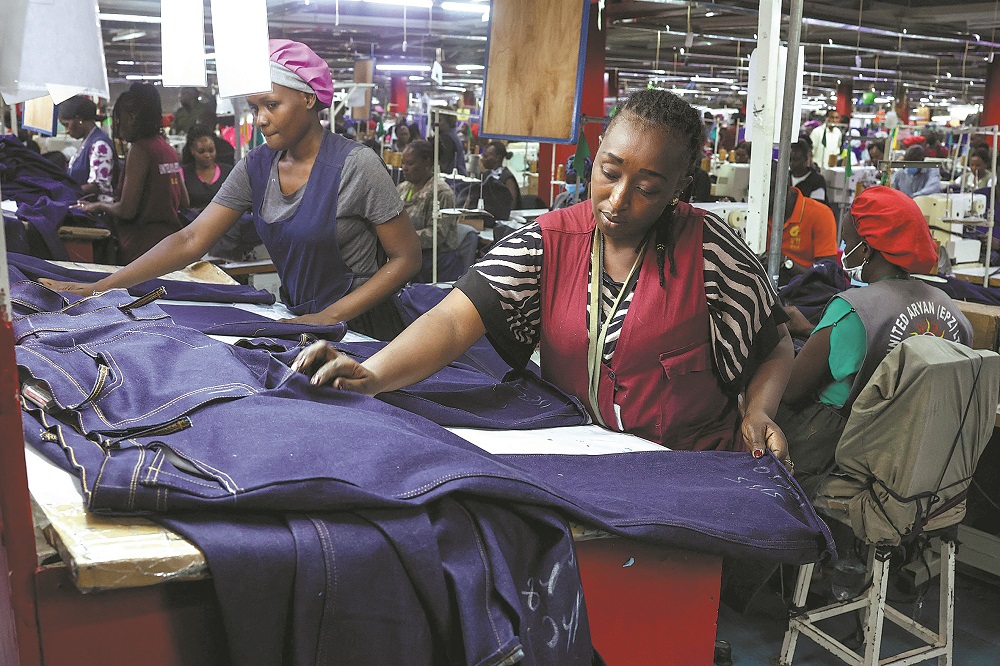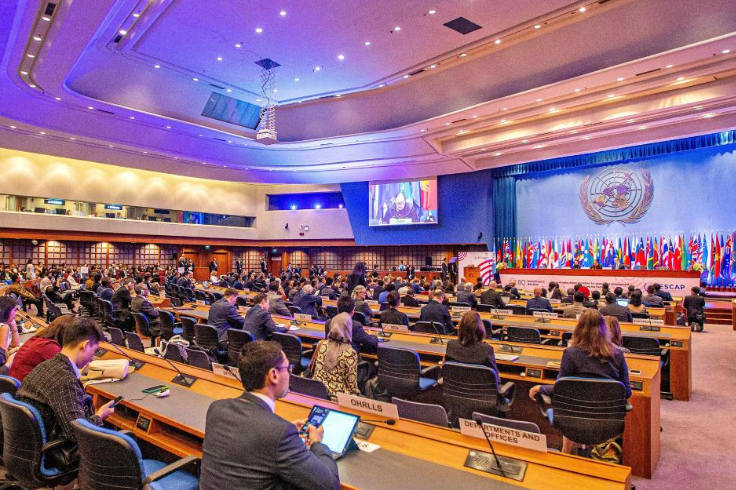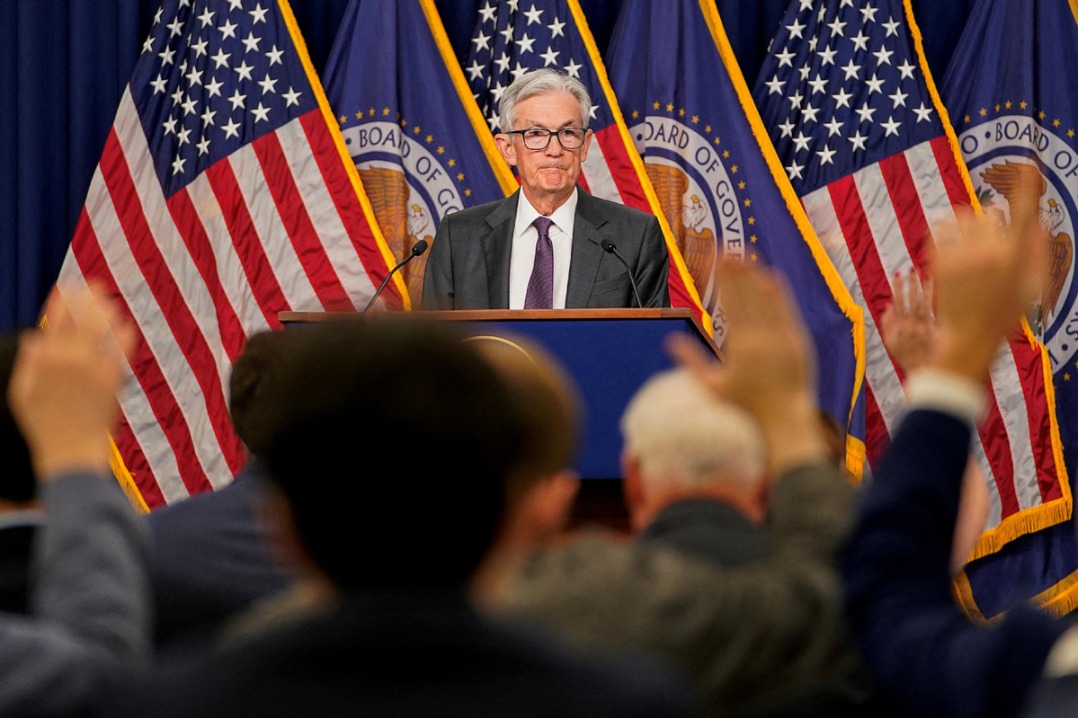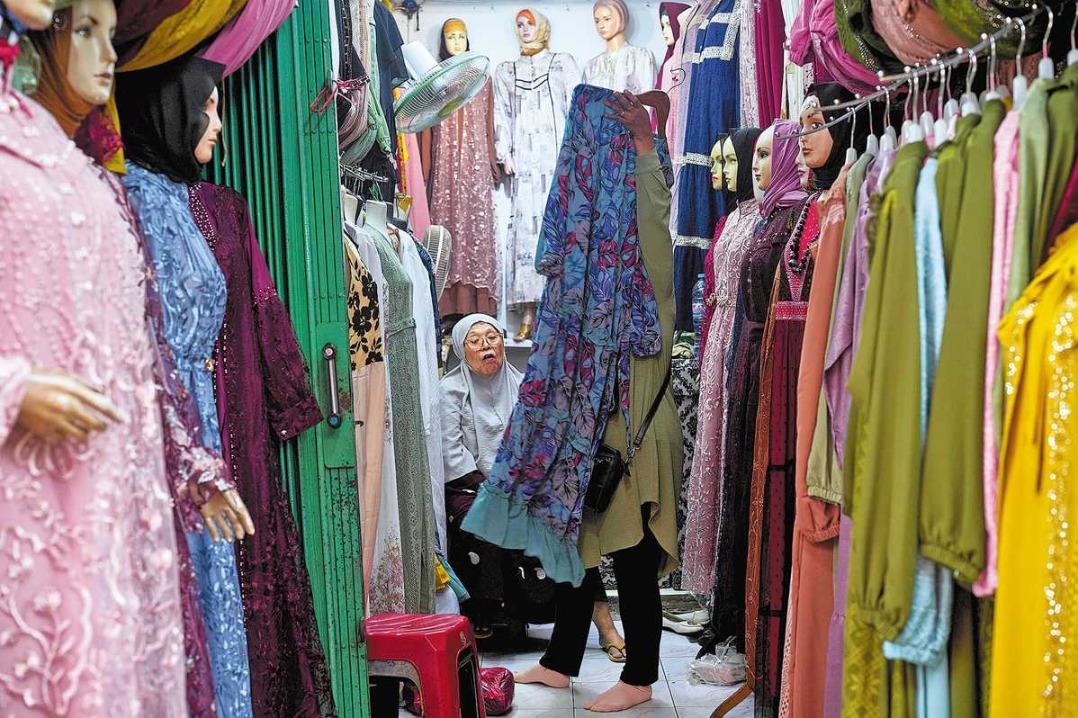WTO lowers trade prospects for Africa


Africa's trade prospects have dimmed in the face of rising global protectionism, with new tariffs from the United States and escalating trade policy uncertainty threatening to stall the continent's modest post-pandemic recovery, according to a report by the World Trade Organization.
In its report, Global Trade Outlook and Statistics, the WTO warns that a surge in tariffs and other restrictive measures — particularly from the United States — has sharply downgraded projections for global merchandise trade, with ripple effects hitting developing economies hardest, including Africa. The report now forecasts a 0.2 percent contraction in global trade volumes this year — a steep drop from the nearly 3 percent growth initially anticipated.
"The outlook for 2025 is subdued for Africa," the report states, noting the continent's services exports are projected to shrink by 1.6 percent, reversing earlier expectations of 1.8 percent growth. Although a rebound is forecast for 2026, with services exports projected to rise by 5.3 percent, the WTO cautioned that near-term risks remain elevated.
The US decision to suspend certain reciprocal trade arrangements while imposing new tariffs has heightened uncertainty across international markets, weakening trade flows with developing economies. For Africa — which depends heavily on external markets for goods, services, and commodities — the impacts are already being felt.
"Tariffs on digitally delivered services and technical support have disrupted trade patterns that African firms were just beginning to tap into," said Socrates Majune, an economist at the University of Nairobi.
"In the 1990s, about 13 percent of Africa's exports went to the US. That figure dropped to 5 percent between 2020 and 2022, and it's likely to fall further with these new barriers."
Despite the broader slowdown, some sectors have demonstrated resilience. Africa's travel services exports grew by 9 percent last year, buoyed by a tourism revival in countries such as Namibia, Tanzania, and Uganda. The report credits the rise to improved connectivity, regional marketing, and post-pandemic recovery demand.
Meanwhile, digitally delivered services from Africa rose by 13 percent — more than double the global average — indicating the continent's growing foothold in remote consulting, IT, and creative industries. Although Africa's share of global digital services exports remains modest at 0.9 percent, the WTO noted a steady upward trend.
Vulnerability exposed
Still, economists warn that such gains may not be enough to offset losses in more traditional sectors. Overall, Africa's goods exports expanded by less than 2 percent in 2024, exposing the region's vulnerability to commodity price shifts and protectionist headwinds.
"The impact of recent trade policy changes varies sharply across regions," the WTO noted.
"While advanced economies have absorbed much of the turbulence, developing regions like Africa and South and Central America have seen sharper declines, particularly in transport receipts and services."
The International Monetary Fund echoed similar concerns in its April 2025 Regional Economic Outlook, where it downgraded Africa's GDP growth forecast to 3.9 percent, citing elevated global uncertainty and trade volatility.
"The sudden shift in the global outlook has interrupted Africa's growth momentum," the IMF said in a statement.
"Trade disruptions, tightening financing conditions, and geopolitical fragmentation have compounded risks in the region."
Before the new tariffs were introduced, Africa's services exports to the United States had been on a modest but promising upward trend. Between 2015 and 2020, exports of digitally delivered services such as customer support, IT consulting, and design services experienced an average annual growth of around 9 percent according to data from the African Export-Import Bank.
"The digital revolution was just beginning to level the playing field. These new tariffs have dampened that momentum and narrowed access to one of Africa's most lucrative service markets," Majune said.

































